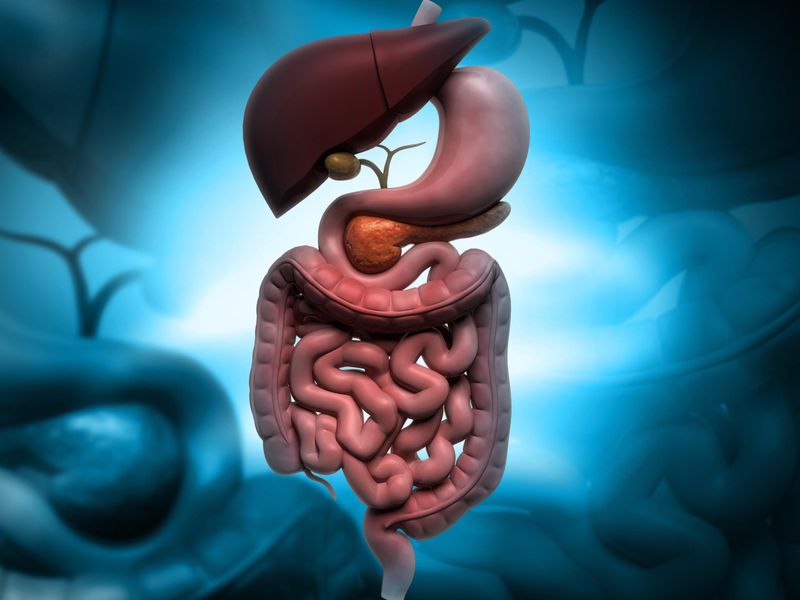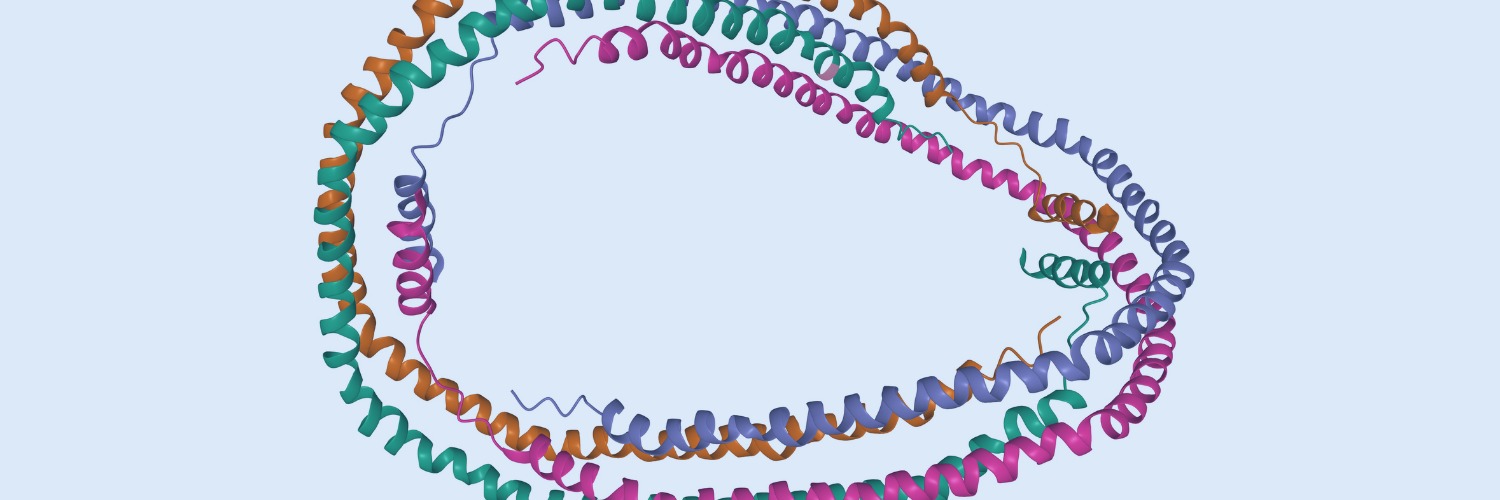The following is the summary of “Interplay of Biopsychosocial Factors and Quality of Life in Inflammatory Bowel Diseases” published in the January 2023 issue of Gastroenterology by Thomann, et al.
The purpose of this study was to examine the impact of psychological factors on the progression of inflammatory bowel disorders (IBDs) by examining the relationship between biopsychosocial factors and patients’ quality of life (QoL). Inflammatory bowel disease (IBD) patients’ quality of life (QoL) is affected not only by their disease’s severity but also by a wide range of psychosocial variables. Conflicting opinions exist on the impact of psychological and social elements on the development of a disease.
Researchers used questionnaires to assess quality of life (QoL), anxiety, depression, illness identification, self-esteem, loneliness, childhood trauma, and visceral sensitivity in 2 separate IBD groups (sample 1: n=209, anonymous internet survey; sample 2: n=84, outpatients with active disease). Sample 2 also had evaluations of tiredness, hemoglobin levels, and treatment response. Multiple regularized partial correlation networks were estimated, and their accuracy and stability were both evaluated. In both populations, the highest correlations between QoL and other variables were found between visceral sensitivity and sickness identity engulfment. Network analysis revealed that depression was the most influential variable.
Response to therapy in sample 2 was related to depression levels at baseline, visceral sensitivity, and engulfment. This is the first network study to compare the network structure of 2 samples in order to investigate the relationship between biopsychosocial variables and quality of life in inflammatory bowel disease. Specifically, the results shed light on the pivotal function of sickness identification and visceral sensitivity, 2 ideas that have recently been proposed, and partially confirm the findings of prior studies with respect to the significance of depression. Initial data suggest that these characteristics may have a role in the development of the disease and might therefore be targeted in tailored treatment.
Source: journals.lww.com/jcge/Abstract/2023/01000/The_Interplay_of_Biopsychosocial_Factors_and.7.aspx



















